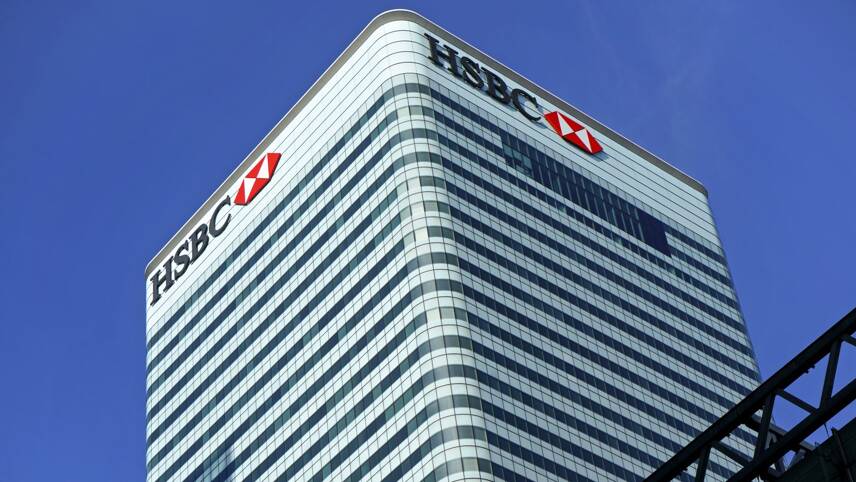Register for free and continue reading
Join our growing army of changemakers and get unlimited access to our premium content

Kirk appeared at the Financial Times’ Moral Money conference last Thursday (19 May) to give a presentation on climate risk. The presentation took place in London and was also streamed online.
He called warnings about physical climate risks from bodies including the UN and the Bank of England “unsubstantiated, shrill, partisan, self-serving and always wrong”. The UN’s Intergovernmental Panel on Climate Change (IPCC) published a major report in February warning that half of the global population are already “highly vulnerable” to climate risks in some form. UN Secretary-General Antonio Guterres called the report an “atlas of human suffering”, present and future.
Kirk appears to see things differently. He argued that there could be some positives to a warming world and changing weather patterns, stating that: “Human beings have been fantastic at adapting to change, adapting to climate emergencies, and we will continue to do so.”
Kirk went on to say: “Who cares if Miami is six metres underwater in 100 years? Amsterdam has been six metres underwater for ages and that’s a really nice place.”
Many on Twitter dubbed these comments insensitive and badly-timed. India has been experiencing a spate of heatwaves since March; average temperatures for the month were the highest in 122 years. The death toll as of 5 May was 26 people. The situation is already impacting global supply chains for commodities including wheat. Also in eastern India and parts of Bangladesh, at least 50 people have died in flooding so far this week.
Kirk went on to argue that finance businesses should allocate more resources to assessing and minimising short-term risks than “looking at something that’s going to happen in 20 or 30 years”.
“What bothers me about this one is the amount of work these people make me do, the amount of regulation coming down the pipes, the number of people in my team and at HSBC dealing with financial risks from climate change,” the banker said, arguing that he’d take resources out of long-term environmental sustainability and hire more staff to deal with short-term risks like the growth of cryptocurrency and high rates of interest and inflation.
Journalists and green groups were quick to take to Twitter to ask how Kirk’s comments could possibly be aligned with HSBC’s 2050 target for net-zero financed emissions and alignment with the Paris Agreement’s 1.5C trajectory. The bank recently promised an update to its environmental plan, in line with scientific advice, by the end of this year.
HSBC’s Group chief executive Noel Quinn posted on LinkedIn at the weekend stating that Kirk’s remarks are “inconsistent with HSBC’s strategy and do not reflect the views of the senior leadership of HSBC or HSBC Asset Management”. HSBC Asset Management’s chief executive Nicolas Moreau has issued a similar statement.
But critics have argued that HSBC would have given Kirk’s speech the green light weeks or event months in advance. Some journalists, including the Financial Times’ US commentator Robert Armstrong, have also insinuated on Twitter that Kirk has made similar comments in the past.
edie reached out to HSBC for confirmation of Kirk’s suspension and for a comment on the situation. A spokesperson said the business is unable to comment on individual employee situations and added that no official statement beyond this has been provided to any media outlet.
The suspension has already been reported in titles including the Financial Times, Investment Week and The Guardian.


Please login or Register to leave a comment.